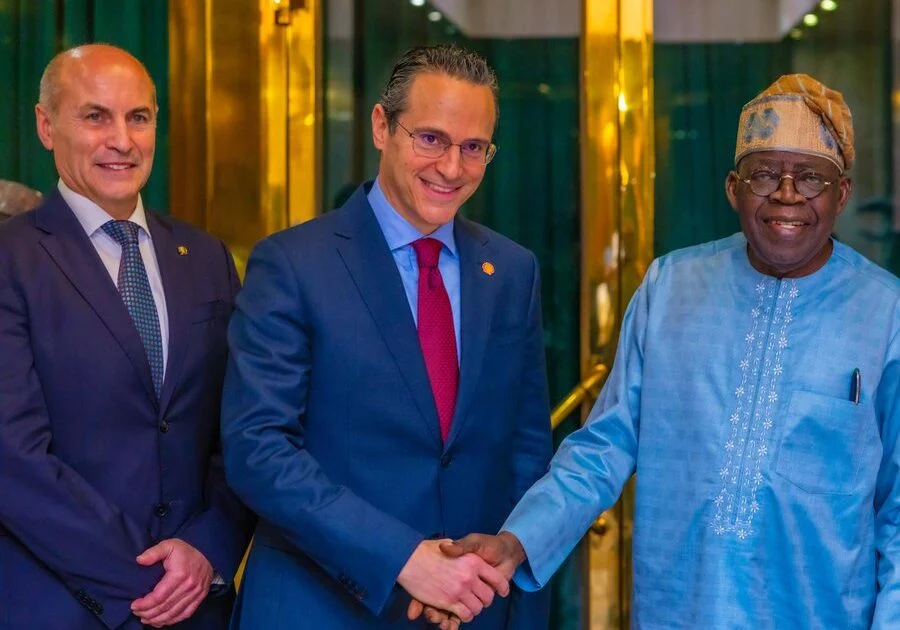Senatorial Milestone for Nigeria’s Gas Industry: $3.3bn Brass Fertilizer & Petrochemical Company Signs Historic Gas Sales Agreement
The Federal Government, through the Nigerian National Petroleum Company Limited (NNPCL), has taken a significant step forward in its efforts to monetize the country’s vast gas reserves by signing a gas sales agreement with Shell, TotalEnergies, and Agip for the $3.3 billion methanol-manufacturing project of the Brass Fertilizer & Petrochemical Company Ltd.
The agreement, signed on Friday in Abuja, marks a major milestone in the development of the USD 3.3 billion Brass Methanol Project, which is expected to generate more than $1.5 billion annually from the export of fertilizers, petrochemicals, and other gas-based products on completion. Additionally, the project is anticipated to reduce fertiliser imports by 30%, saving Nigeria approximately $200 million in foreign exchange annually, while creating thousands of jobs.
According to the Minister of State for Petroleum Resources (Gas), Ekperikpe Ekpo, the signing of the agreement is a significant milestone in the development of the project, which is expected to bring in much-needed Foreign Direct Investment and change the face and fortunes of the host state and community for good. He urged all parties to continue in the same steadfastness that has enabled them to surmount all previous hurdles, achieving a financial close and commencing the construction of the project within the shortest possible time.
The project is expected to be a vital component of the Decade of Gas initiative, launched by President Bola Tinubu’s administration, which aims to position gas as the cornerstone of Nigeria’s industrialization and energy security. The agreement aligns with Nigeria’s commitment to achieving zero routine flaring by 2030 and advancing the goals of the National Gas Policy by fully utilizing its gas resources for sustainable development.
The Permanent Secretary of the Ministry of Petroleum Resources, Ambassador Nicholas Ella, emphasized the project’s potential to contribute around $600 million annually to Nigeria’s GDP, with a broader economic impact of up to $2 billion per year, thanks to the growth it will spur in related industries. He also noted that the project will create over 5,000 direct jobs and 35,000 indirect jobs, significantly improving the livelihoods of many Nigerians, particularly in the Niger Delta region.
As the project moves forward, the Executive Vice President of Upstream NNPC, Oritsemeyiwa Eyesan, expressed optimism about the agreement’s potential to progress the vital boxes necessary to achieve a 10,000-methanol plant in Nigeria.
The signing of this agreement is a significant step towards realizing Nigeria’s goal of becoming a major player in the global gas market, and with its potential to create thousands of jobs and contribute significantly to the country’s economy, it is an important milestone in the country’s journey towards economic growth and development.



